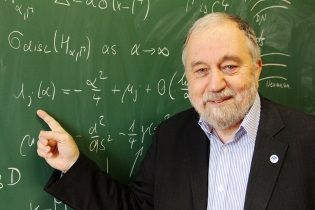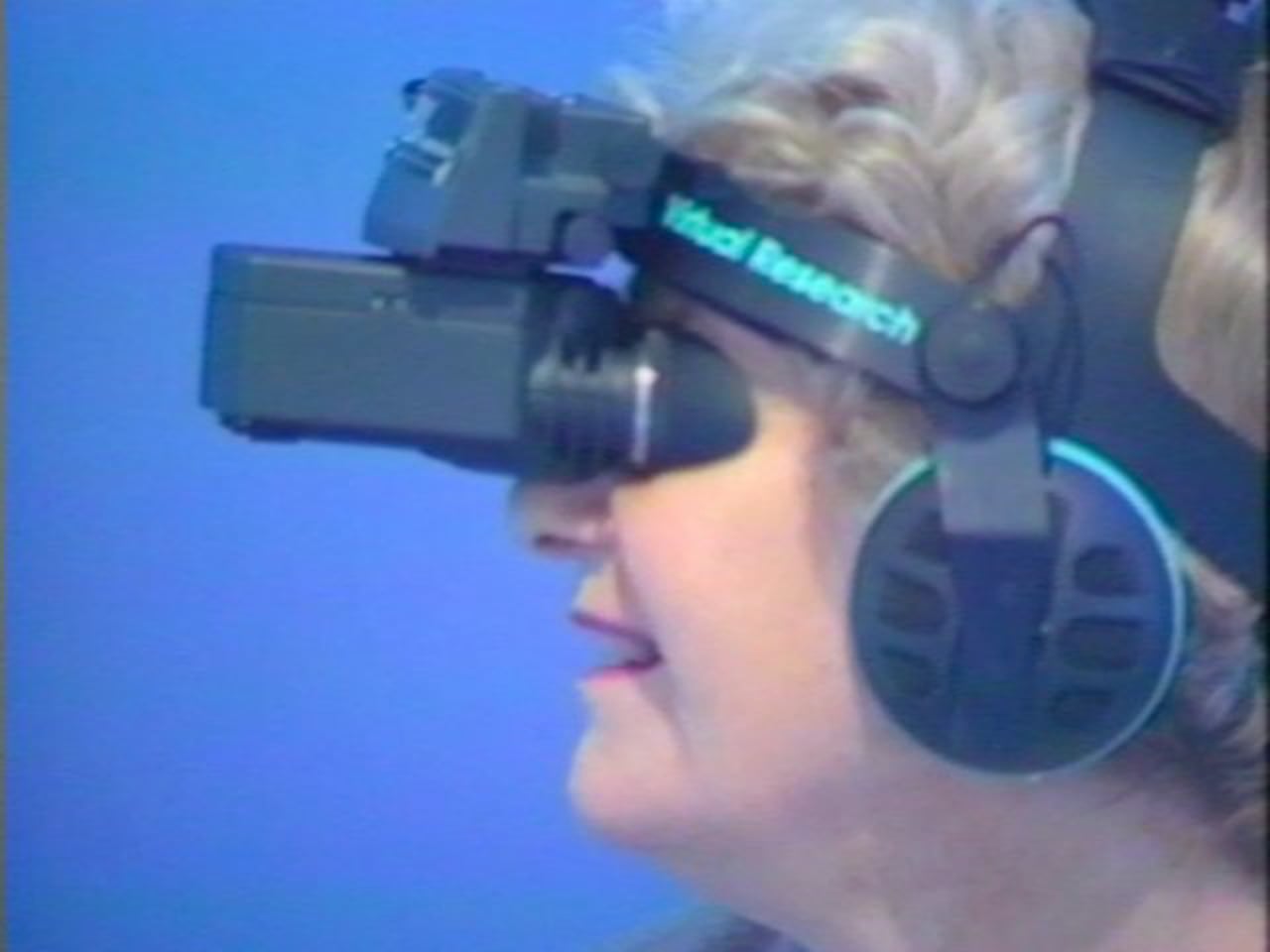
I learn useful life lessons from each patient I meet. Some are positive messages, reminding me of the importance of maintaining balance between family, work, and leisure activities, but more frequently I witness examples of the remarkable resilience of the human spirit when facing the reality and risks of a major surgical procedure and a diagnosis of cancer. Rarely, patients and their family members utter remorseful or simply sad remarks when they are faced with a grim prognosis and the emotions associated with an onrushing date with mortality. These comments invariably involve an inventory of regrets in life, including, “I should have spent more time with my kids,” “I wish I had told my father (or mother, brother, sister, child, or some other person) that I loved them before they died,” and “I have spent my entire life working, I never took time for anything else.” I wince when I hear these openly expressed remonstrations, I recognize that I am hearing painful and heartfelt truths. Not a week goes by that I am not reminded that I do not one day want to look back at my life with a long list of regrets, should have dones, and what ifs.
I was blessed to meet a great teacher in the guise of a patient early in my academic career. He came to my clinic in my first year after completing a Fellowship in Surgical Oncology, my first year as an Assistant Professor of Surgery. My patient was a 69 year-old Baptist Minister from a small town in Mississippi. He was referred to me by his medical oncologist who called me and said, “I don’t think there is anything you can do for him, but he needs to hear that from you because he doesn’t believe me.” This tall, imposing man had colon cancer that had metastasized (spread) to his liver. The malignant tumor in his colon was removed the year before I met him, and he had received chemotherapy to treat several large tumors found in his liver. The chemotherapy had not worked and the tumors grew. At the point I met him, the medical oncologist told him he would live no more than 6 months, and because he was an avid fisherman when not preaching or helping others in his community , the doctor suggested that he go out and enjoy his remaining time by getting in as much fishing as possible. I learned two invaluable lessons from this patient and his family. First, never deny or dismiss hope from a patient or their family, even when from a medical perspective the situation seems hopeless and the patient is incurable. Second, quoting the minister directly, “Some doctors think of themselves as gods with a small ‘g’, but not one of you is God”.
When I first walked into the examining room, this man was slouched on the examining table in the perfunctory blue and white, open-backed, always unflattering hospital gown. He made eye contact with me briefly, then looked down to the floor. In that momentary meeting of our eyes, I saw no sparkle, no life, no hope in his eyes. He responded to my initial questions with a monotonic and quiet voice. Several times I had to ask him to repeat an answer because his response was so muted. Mid-way through our first visit, the patient’s wife told me he had been very depressed by his diagnosis of untreatable metastatic colon cancer. She reported, despite his occasional side-long warning glances requesting her silence, that while he was eating well, he was spending most of his time sitting in a chair or laying in bed, and that the active, gregarious man with the quick wit and booming voice she had married was gone.
Continue reading “The Importance of Hope” »

















